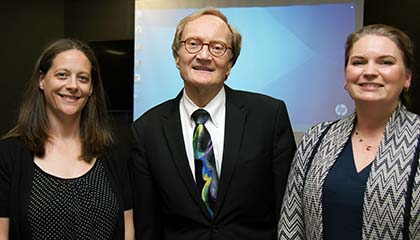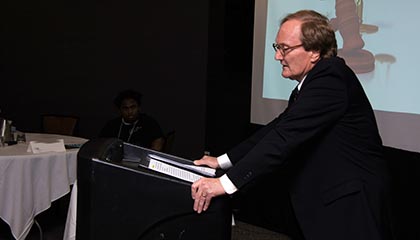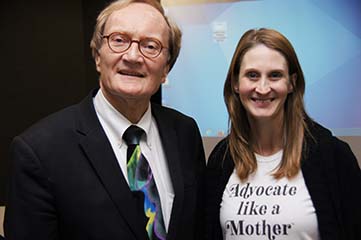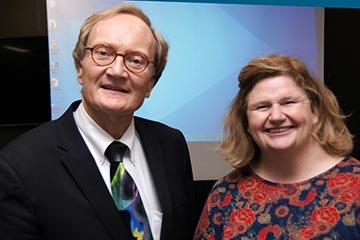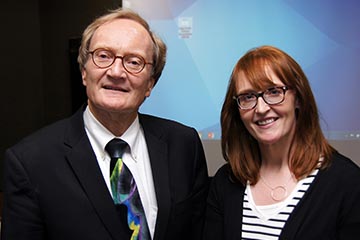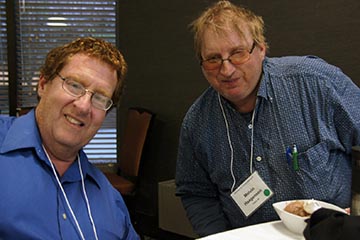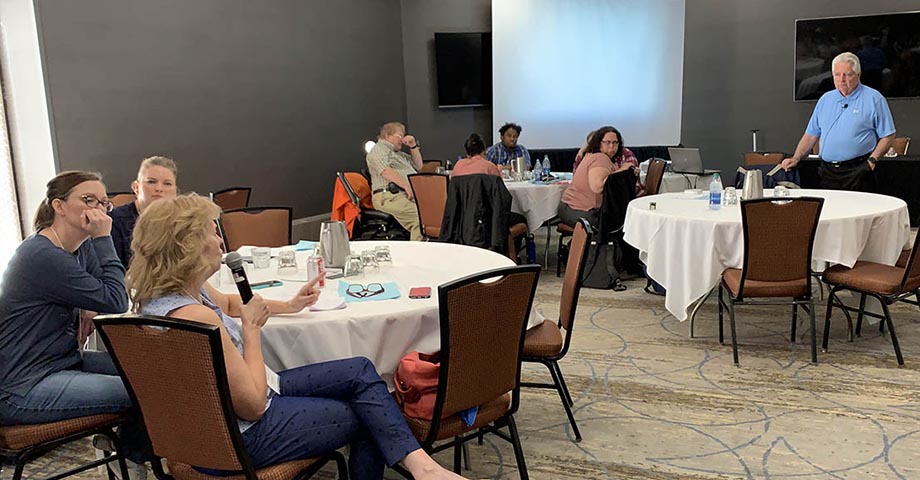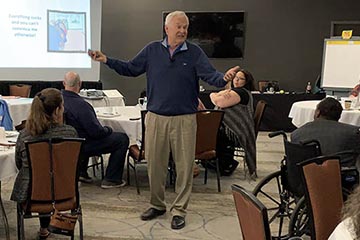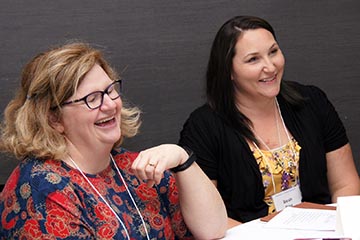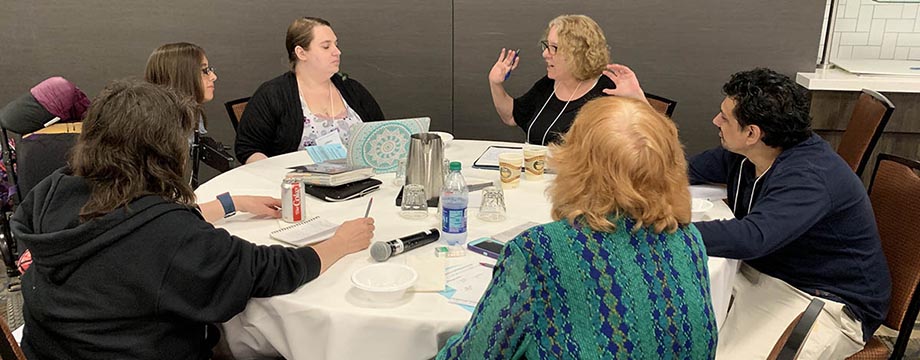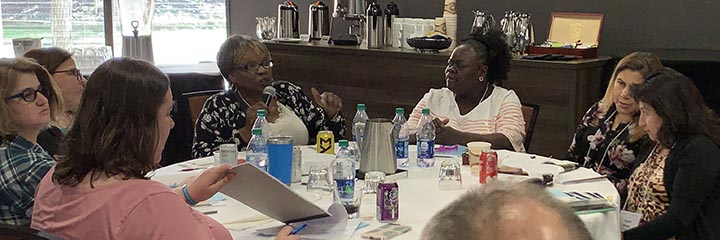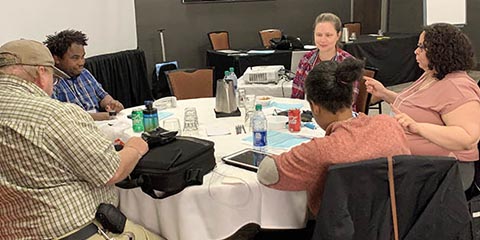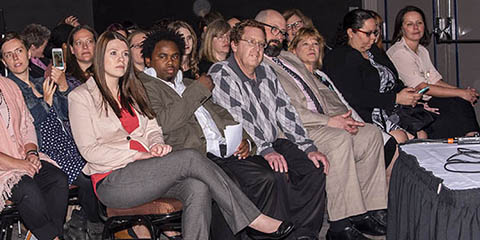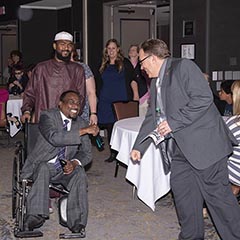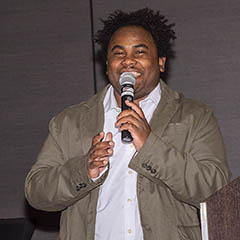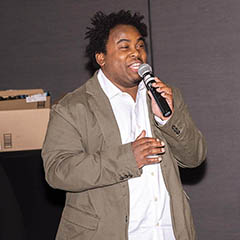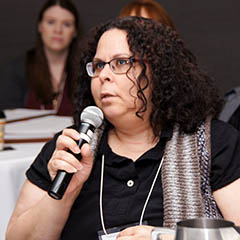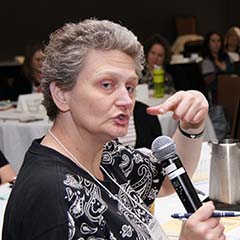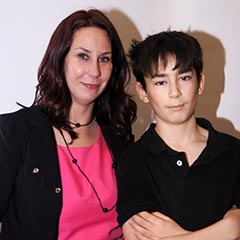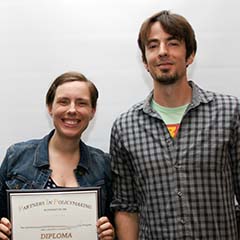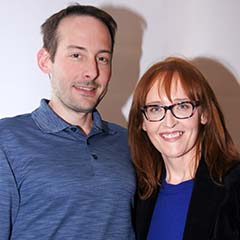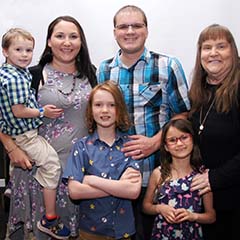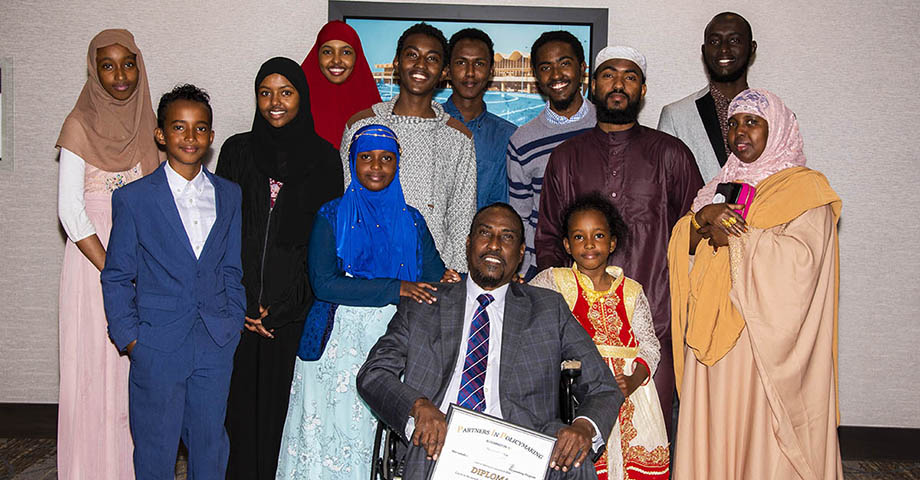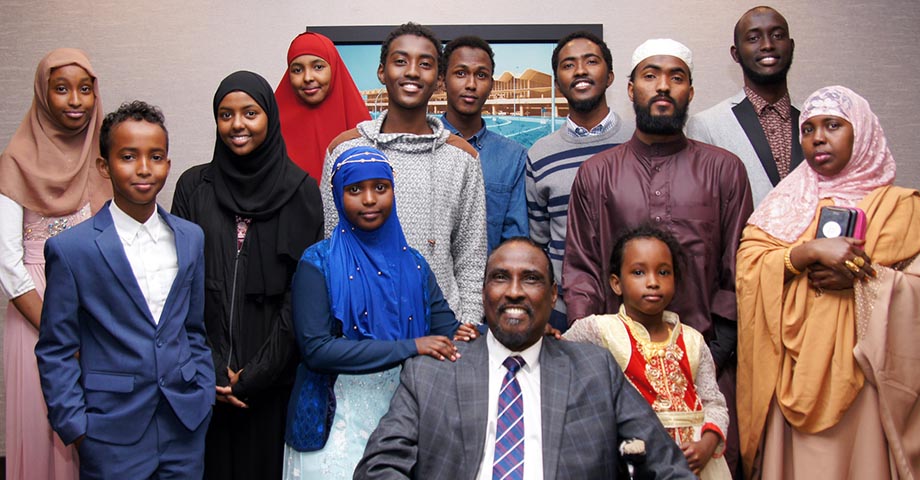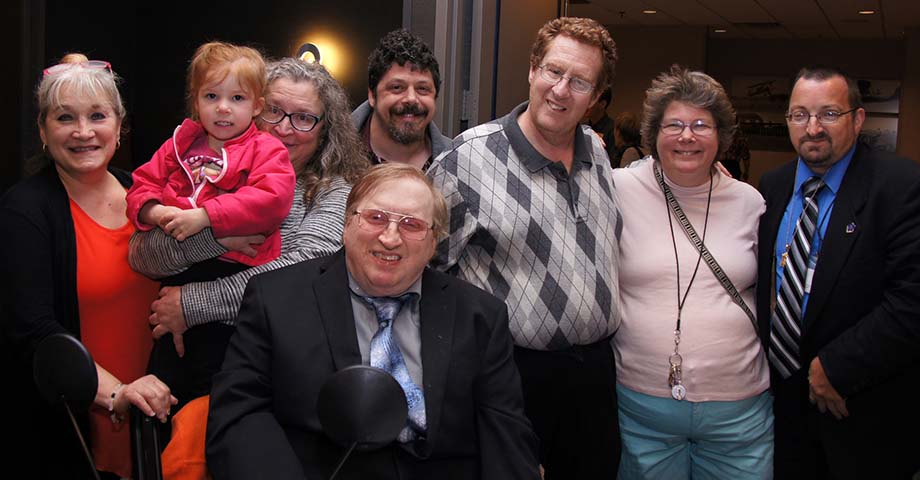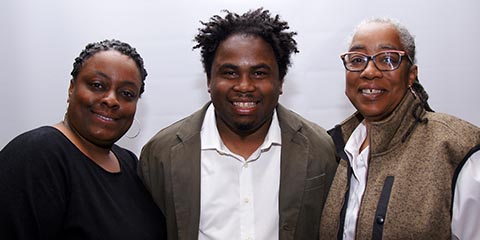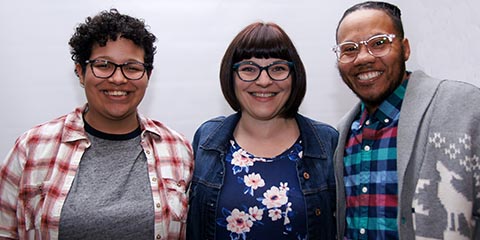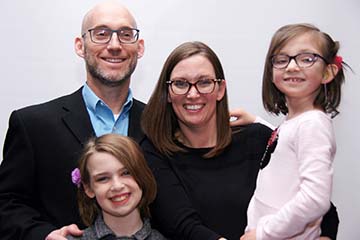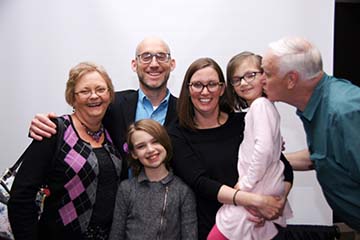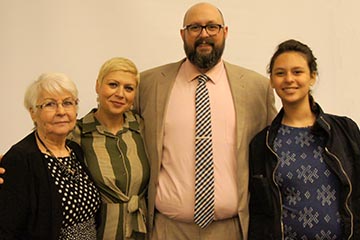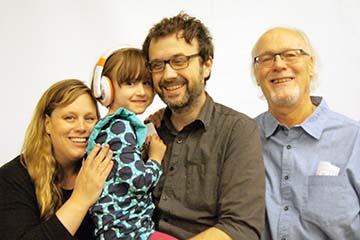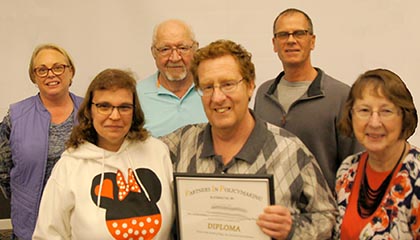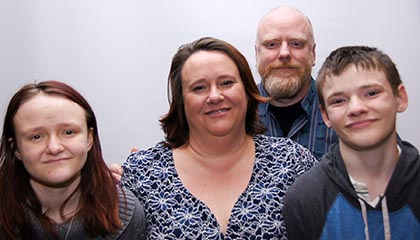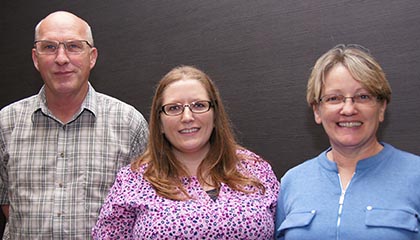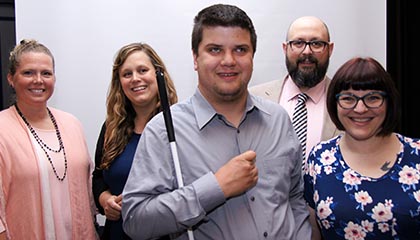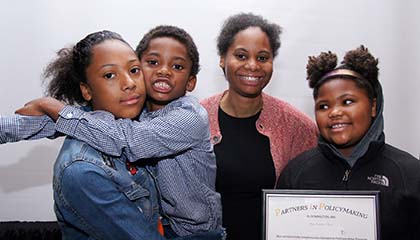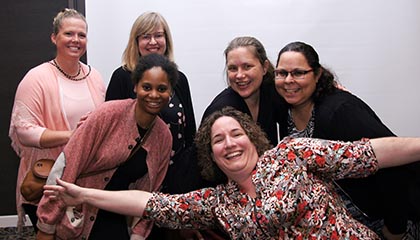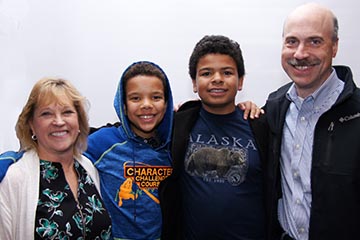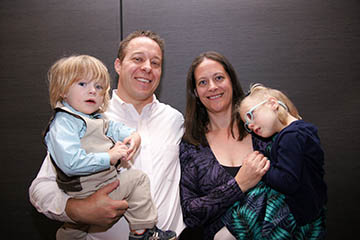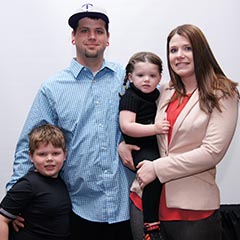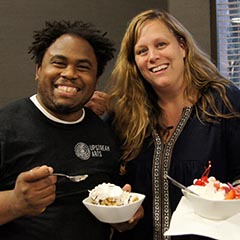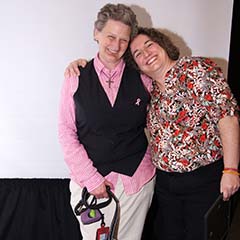Council-Sponsored Grant Activities: Partners in Policymaking®
Partners in Policymaking Class 36
Weekend 1 (September 21 - 22, 2018)
September 21-22, 2018 was the first weekend session for Partners Class 36. The program year begins with a focus on history – how individuals with disabilities have been treated and perceived over time; how delivery systems have developed; and how programs and services have been created, delivered, and evolved in response. This history covers the Parent Movement, Independent Living Movement, and Self Advocacy Movement, and the leaders who helped shape a changing world where the voices and contributions of self advocates and parents are recognized and valued. A panel of Partners graduates shared their stories, personal experiences, and benefits they received from the program. Bonnie Jean Smith, parent trainer and Partners graduate, presented an overview of the concept and principles of person centered thinking and person centered planning.



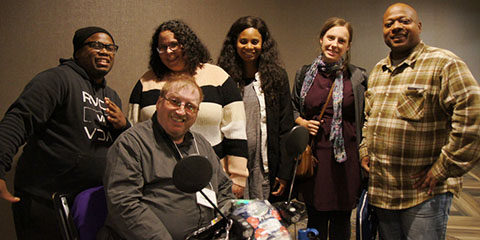
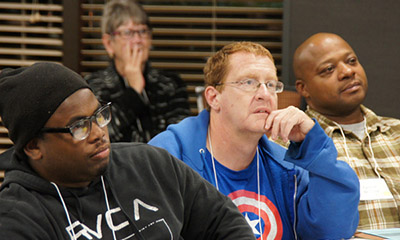
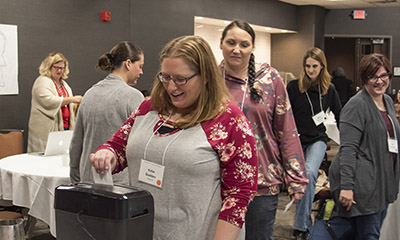
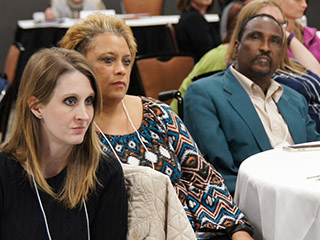
Weekend 2 (October 12 - 13, 2018)
October 12-13, 2018: Participants learned about the history of education for people with disabilities, the role of IDEA in establishing a free, appropriate public education, and the special education industry that was created only to separate and segregate students with disabilities rather than assuring that all students are educated together with their peers and well prepared to continue their education and pursue their personal life goals. They identified creative approaches for modifying materials or adapting basic skills that students learn in the classroom, and met with representatives from the Department of Education in a series of roundtables about specific special education topics. With costumes and props, they scripted and presented situations that incorporated the rules of civil discourse to work through disagreements and conflicts.
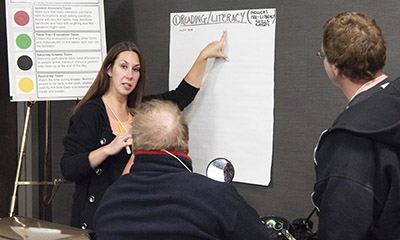
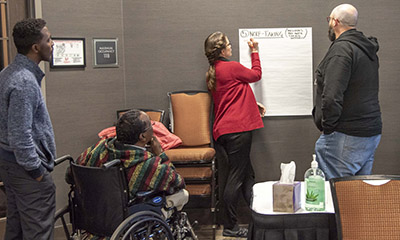
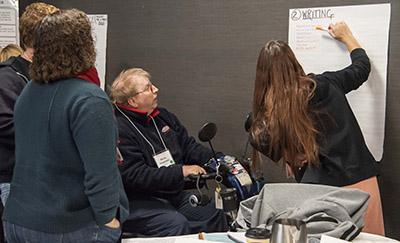
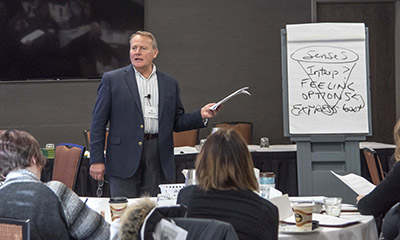
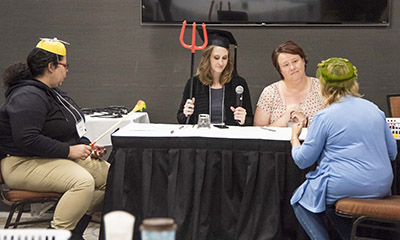
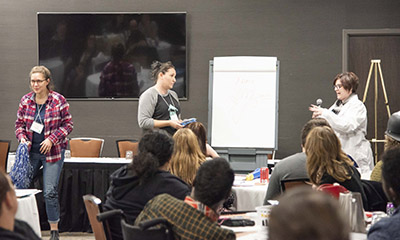
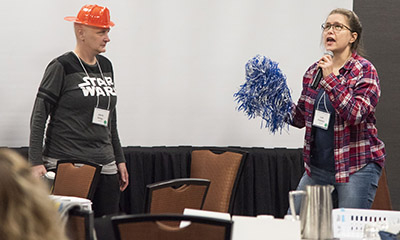
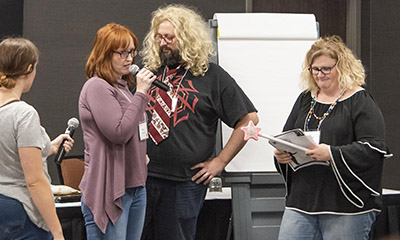
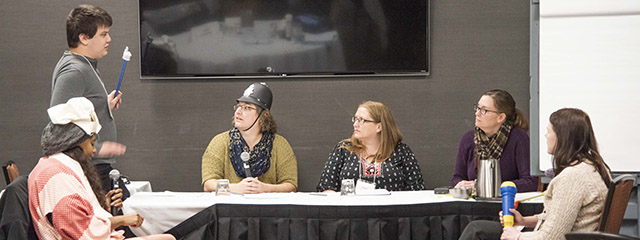
Weekend 3 (November 16 - 17, 2018)
November 16-17, 2018 focused on the role and responsibilities of counties, and the range of duties and authority of county commissioners to address policy issues at the local level. Participants in small groups for much of weekend creating vision statements for the Year 2030; recalling their high school years at graduation time and what was significant in terms of news headlines, scientific breakthroughs, fads and fashions, heroes and heroines, and what they learned about politics from their parents; and artistically presenting their experiences navigating systems using a bus as a metaphor. A highlight of the weekend was meeting with county commissioners, beginning a conversation with them about policy issues of concern, and offering ideas for improvements that could make their vision of the future become reality.
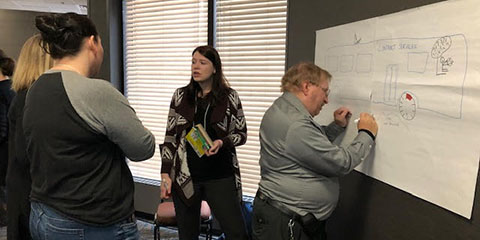
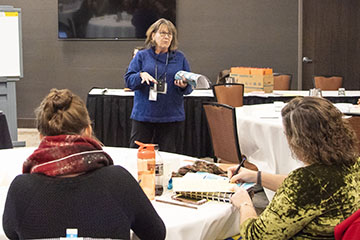
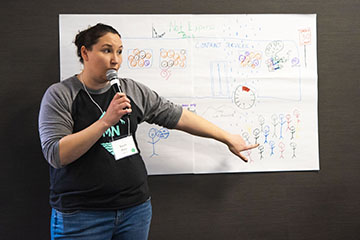
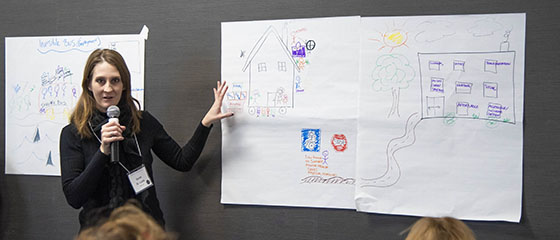
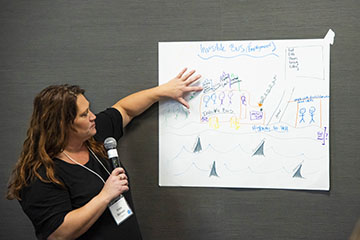
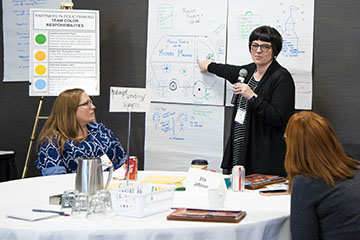
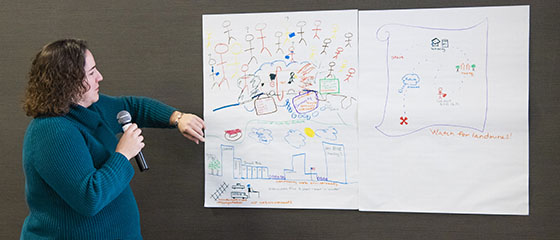
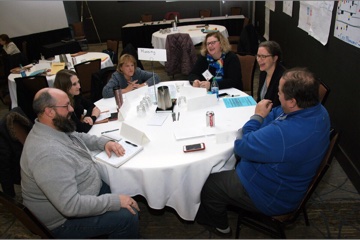
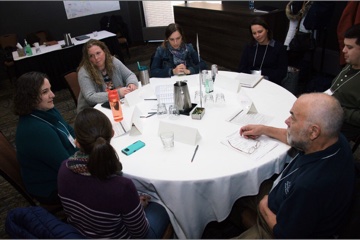
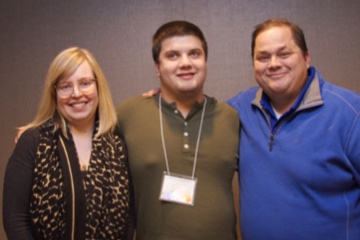
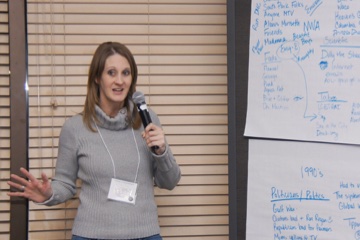
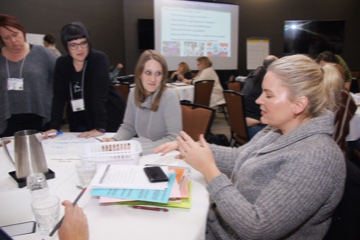
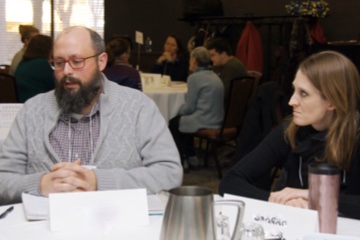
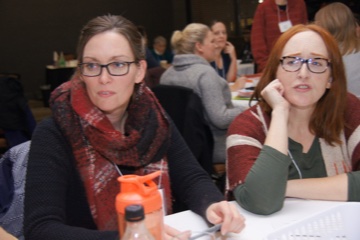
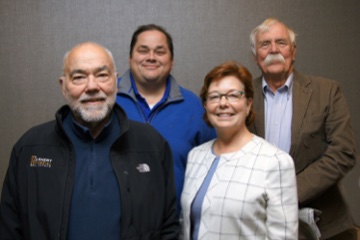
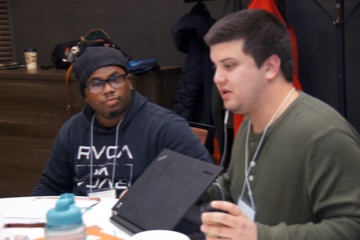
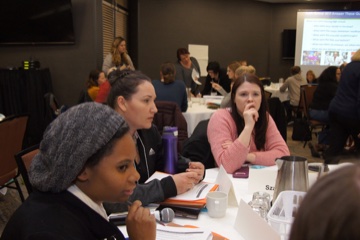
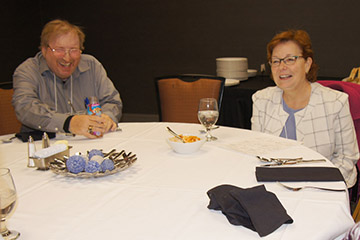
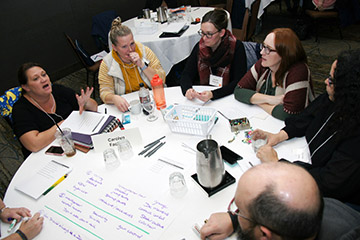
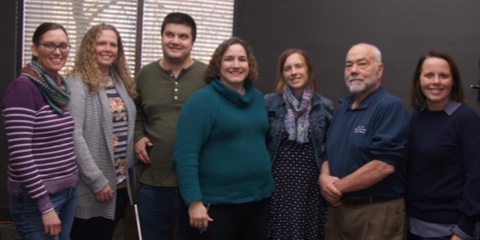
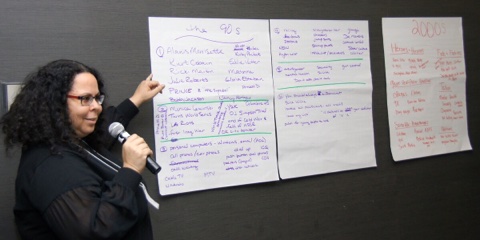
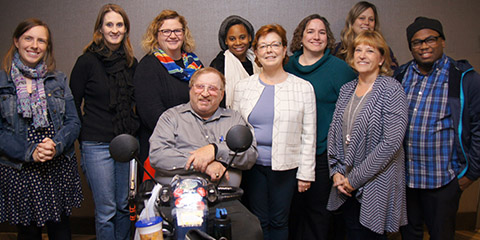
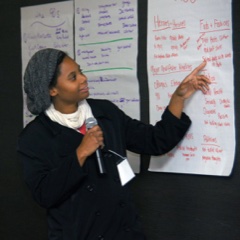
Weekend 4 (January 11 - 12, 2019)
All types of housing should be considered when thinking about "where would I want to live?" Living alone can be expensive but sharing housing expenses with even one other person can offer more living space for maybe even less monthly cost. Participants thought through what makes for a comfortable work environment by "discovering" their individual interests, strengths, abilities, and preferences; and how to break down a specific task into steps, modifying a job so many more people could do it. Through a "Real Colors" exercise, they identified some of their personal characteristics, learning how individual interests and life styles can aid in understanding how to develop stronger partnerships when working with each other and elected officials on public policy issues.
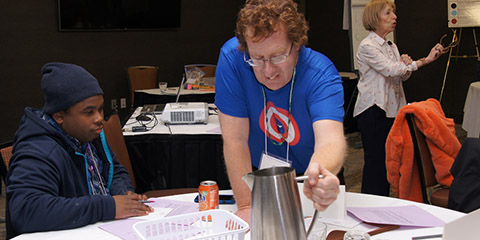
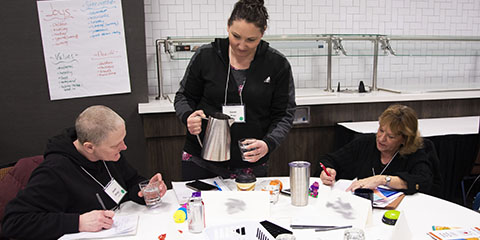
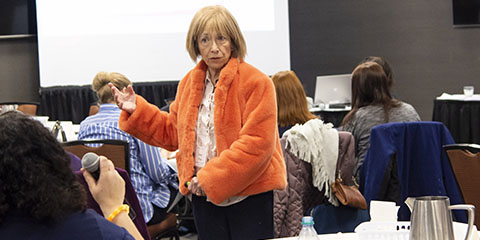
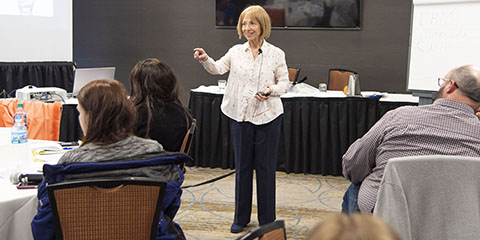
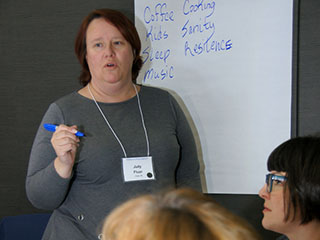
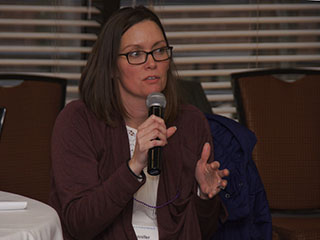
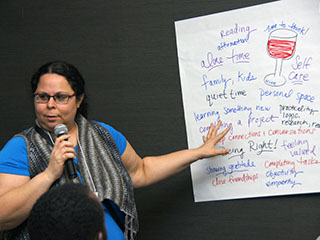
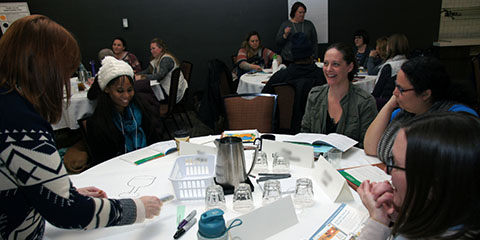
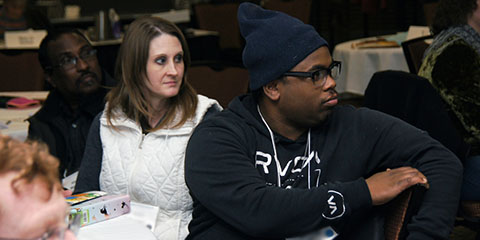
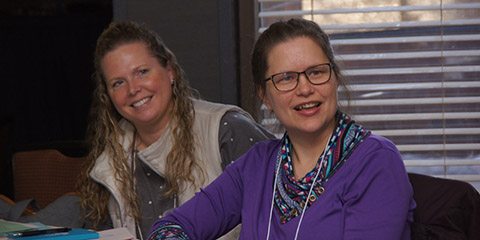
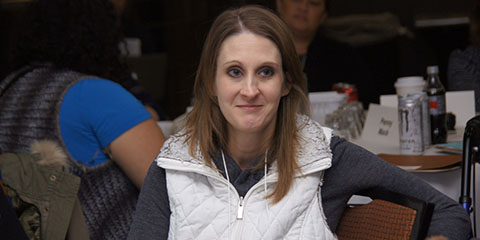
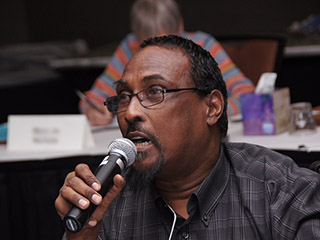
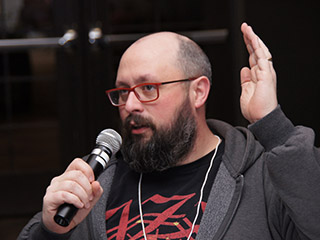
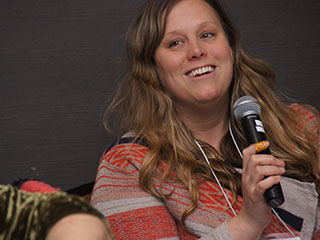
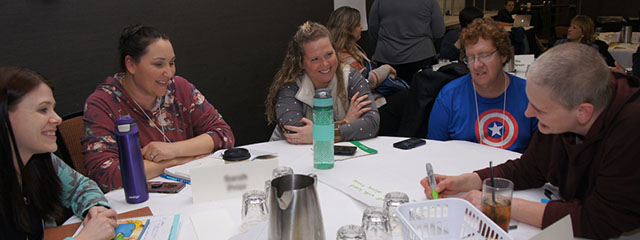
Weekend 5 (February 8 - 9, 2019)
The US Supreme Court's Olmstead decision provided the background and foundation for understanding how Minnesota's Olmstead Plan was created, and the revisions and updates that have been made to assure that individuals with disabilities are living, learning, working and enjoying life in the most integrated setting. As participants prepared testimony to address improvements that could be made as the Plan continues to be implemented, the principles of personal choice and person centered planning were highlighted. An introduction to Parliamentary Procedure, and working with the media gave participants additional tips and tools to keep disability issues in the forefront of public policy discussions and decisions.
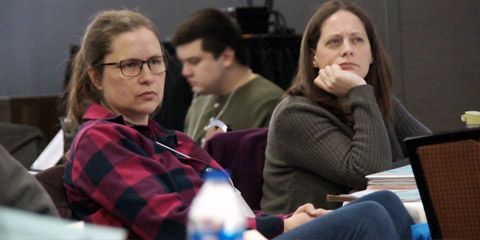
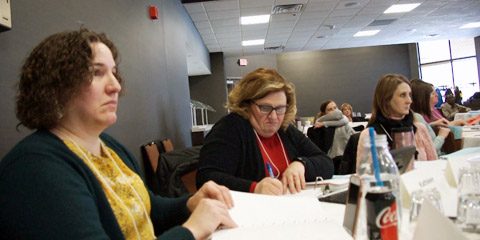
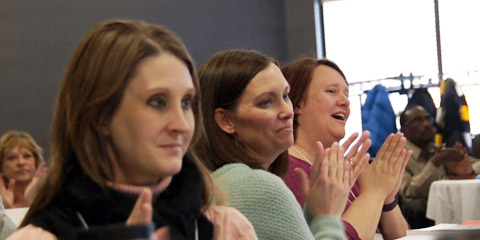
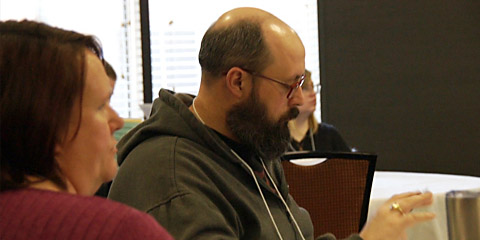
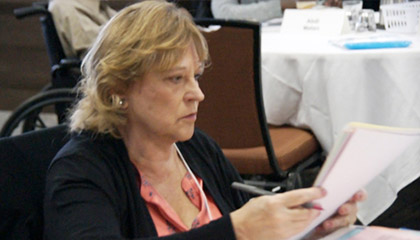
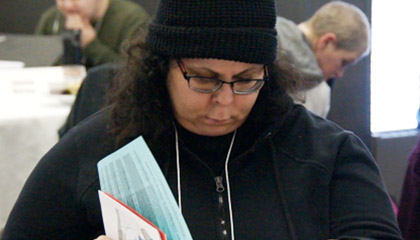
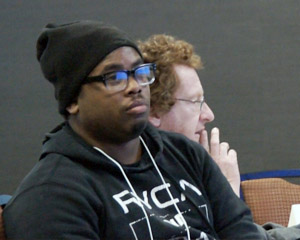
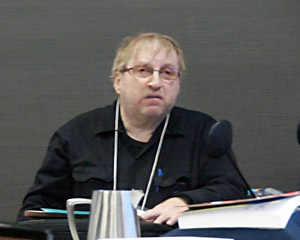
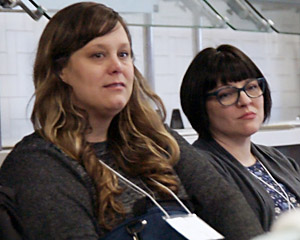
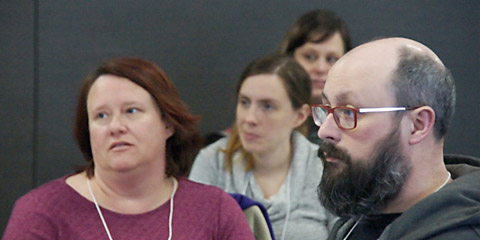
Weekend 6 (March 17 - 18, 2019)
The state legislative process takes on new meaning when it begins with the knowledge and practical experience that self advocates and parents have about public policies that can help or hinder their ability to achieve personal life goals. Participants worked through bills aimed at preventing sexual violence, eliminating transition planning, requiring seat belts in school buses, and funding for a parent-to-parent program for children and youth with health care needs. In mock hearings, they presented both positive perspectives and concerns before a panel of legislators, and received high marks for helping to educate policymakers and establishing important partnerships with them Meetings with legislators gave participants the chance to practice their communication skills and gain greater confidence in their own abilities to be part of the systems change process.

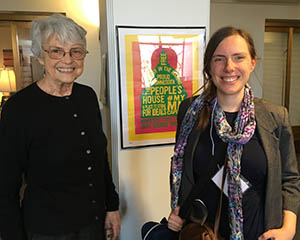
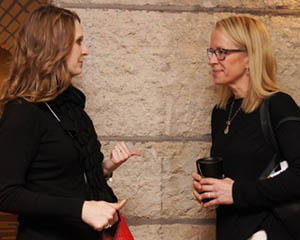
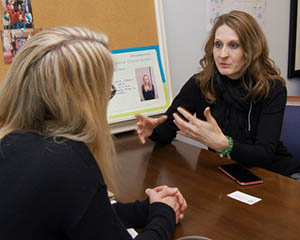
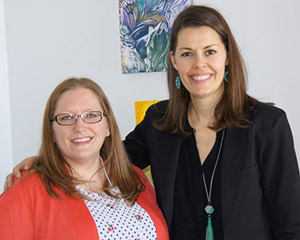
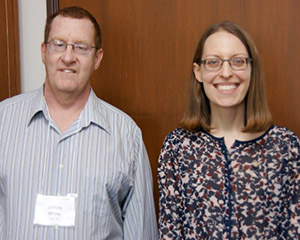
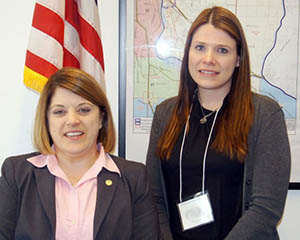
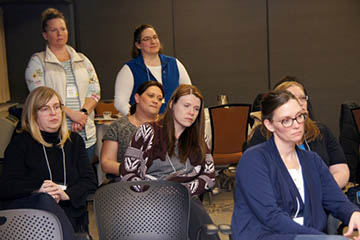
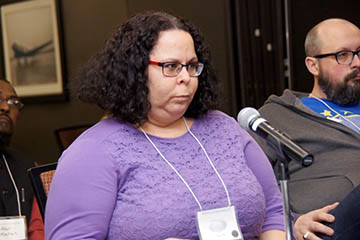
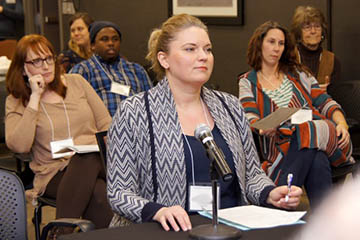
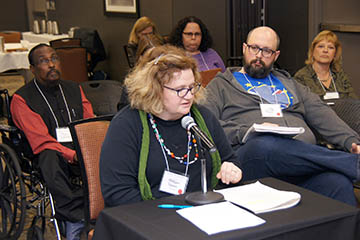
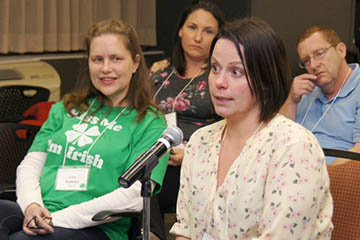
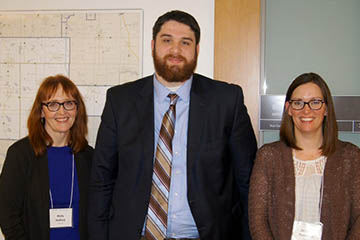
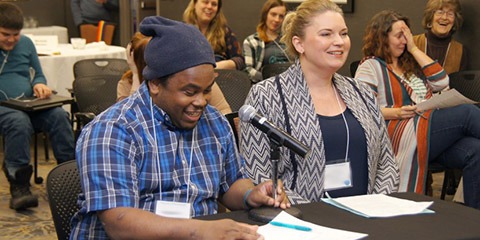
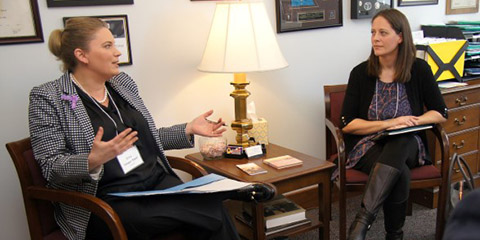
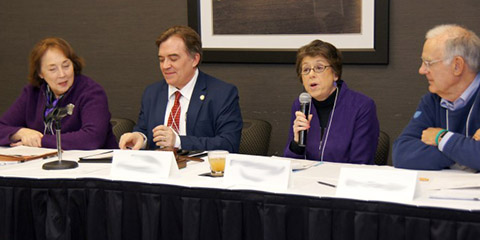
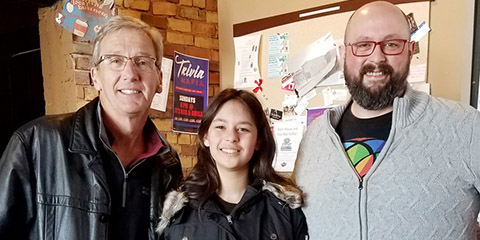
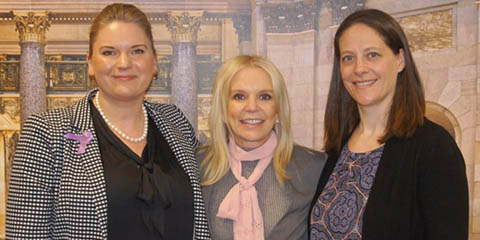
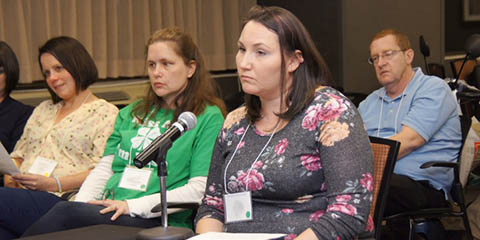
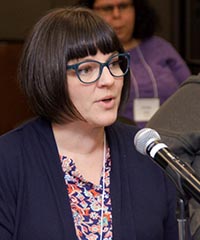
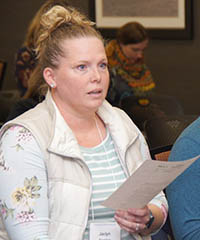
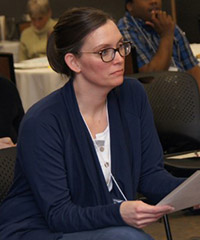
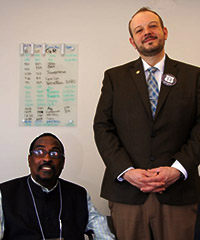
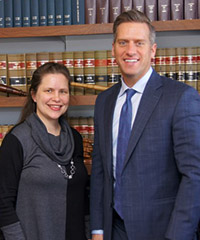
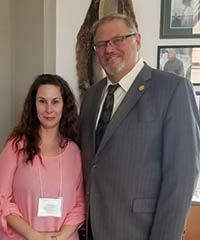
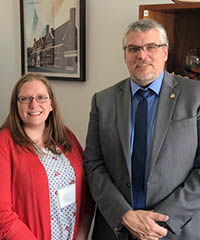
Weekend 7 (April 12-13, 2019)
Updates about federal policy issues included employment and subminimum wage issues (disability Employment Incentive Act and the Transformation to Competitive Employment Act), housing and community living (the Disability Integration Act and Empower Act), ABLE Accounts and implementation across the states, restraint and seclusion laws and policies in our school systems. Participants met with Congressional staff to share personal stories and experiences around these issues, particularly in those areas where there is pending federal legislation. The Minnesota Disability Law Center presented on the Federal Court's role in disability issue to close the weekend and cover the three branches of our government at the federal level.
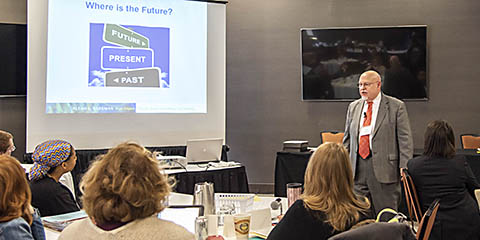
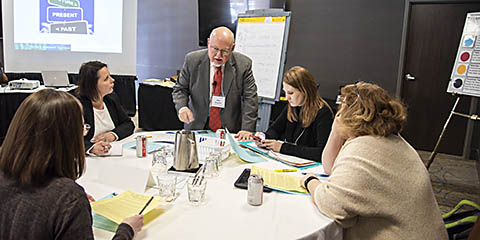
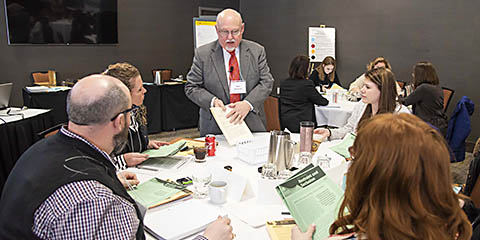
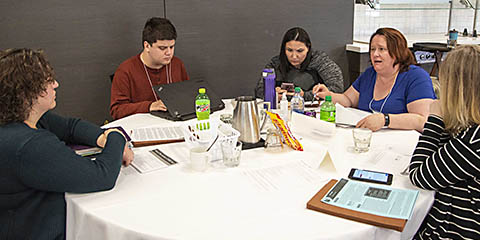
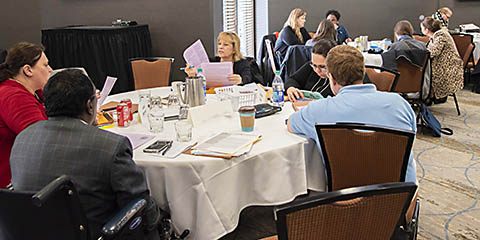
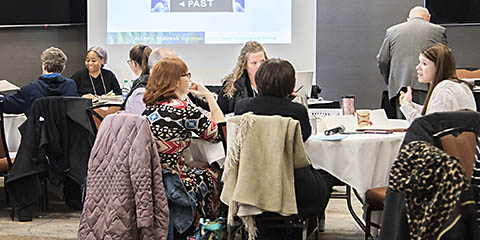
Weekend 8 (May 17- 18, 2019)
May 17– 18, 2019 was graduation weekend for Class 36 Partners. Several highlights marked this final weekend training session. United States District Court Judge Donovan Frank spoke of the Federal Court's role in disability issues and the theme that is woven into so many of his decisions – "Justice for All." He recounted the many Federal Bar Association and local law firm sponsorships of Continuing Legal Education programs offered to opportunities offered to members of the legal profession to learn about disability issues, and featuring self advocates. Former United States Senator Dave Durenberger and Susan Foote, Professor Emerita, University of Minnesota, presented excerpts from their respective books – When Republicans were Progressive and The Crusade for Forgotten Souls, released in 2018, and spoke of their involvement in public policy issues across the decades.

